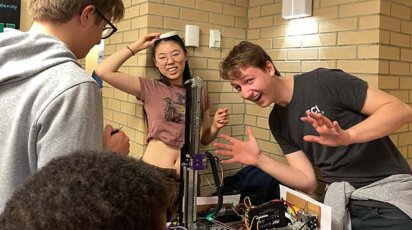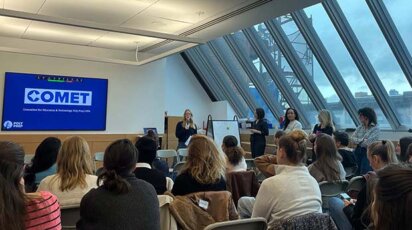News
Faculty Seek to Improve Learning & Equity
Faculty Professional Development Sessions Address Hybrid Learning and the Importance of Creating an Anti-Racism Curriculum
Given all of the variables unique to the upcoming academic year, Poly’s faculty took two weeks in July to immerse themselves in important professional development workshops. The goal? To give our teachers takeaways and tools to improve learning and equity in our classrooms. Since the 2020-21 school year will arrive with a great deal of uncertainty and an evolving learning environment, our teachers are doing everything they can to address important issues head-on.
Themes: Remote Learning, and An Anti-Racism Curriculum
This year’s sessions focused on two major themes. One homed in on the challenges and opportunities of teaching in remote and hybrid circumstances, looking at both academics and the social-emotional impact on Poly students. The other focused on how to design anti-racism curricula and cultivate a school environment free of microaggressions, fostering inclusion for all students—not an easy task, given the history of educational institutions in this country.
Poly was founded more than a century ago, and like so many other schools, was established without the consideration of Black or Brown children in mind. The biases and racism that stem from this are part of the infrastructure of our institutions. Progress has been made over the years, but Poly teachers are at the nexus of a reckoning in the wake of George Floyd’s murder and the mass movement that has followed across the country and world. How will Poly make substantive anti-racism changes, not only to its curriculum but also to the school’s culture? While there is no magic wand to undo centuries of racism in systems designed to exclude, there is an urgency to make tangible steps and face the problem head-on at Poly Prep.
Presentation by Dr. Jackson Collins
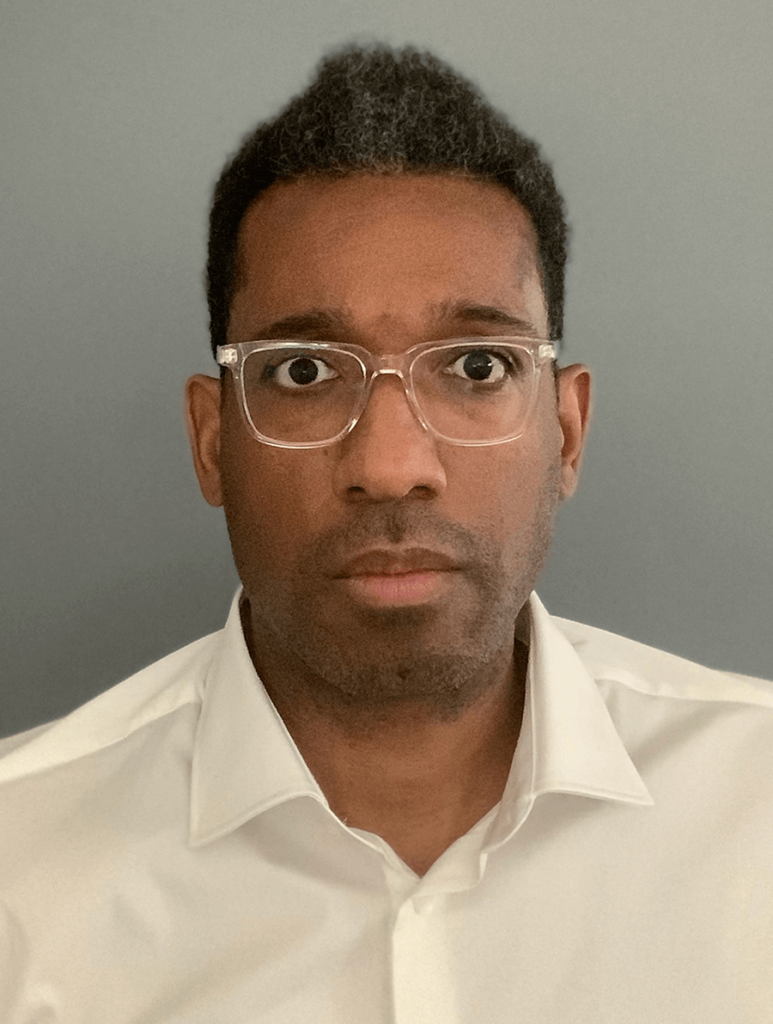
Accomplished scholar and Prep for Prep Associate Executive Director Dr. Jackson Collins was the keynote speaker at Poly’s annual professional development program this year. In his presentation “Behind the Veil, A Study of the Experiences of Academically Talented Students of Color (SOC) Who Attend Independent Schools,” Dr. Collins offered insight into the challenges that Black and Brown students face and how they translate into an environment of exclusion. Using a study that included Poly students as well as others from 74 schools across eight different states, he spoke about how a lack of racial literacy and ongoing microaggressions play a dominant role in exclusion, and suggested steps that could be taken to break the cycle and change the system.
After Dr. Collins’ presentation, attendees broke into smaller groups to discuss their reactions and takeaways. A Lower School discussion focused on the barriers to implementing anti-racism conversations and curricula, and teachers were honest about their fears that they might say the wrong thing without realizing it, that they aren’t sure how to begin racism conversations, and the challenge of determining what’s age-appropriate for younger students. Peers gave helpful advice saying, “It’s so important to model what public learning looks like for our students, even if it’s uncomfortable. When children ask a science question that we don’t know, we don’t ignore them. We commit to exploring the question together! The same should apply to questions around race and equity.”
Read more about Dr. Jackson Collins’ presentation.
Hybrid Learning in Academics
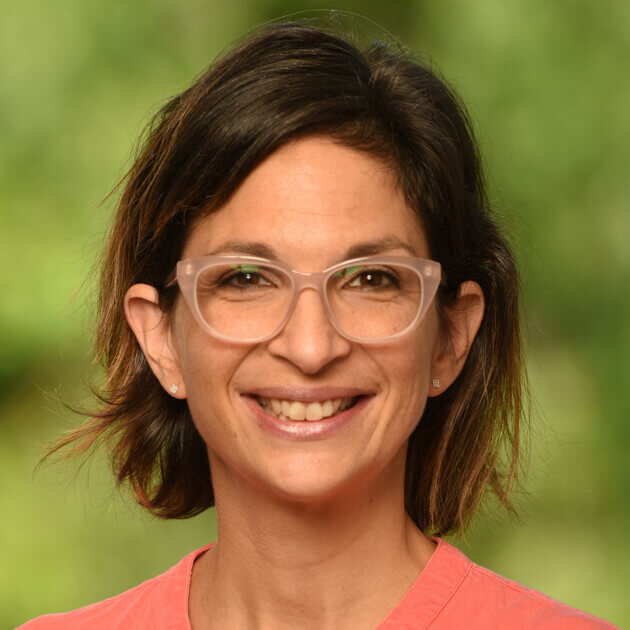
Other workshops and presentations explored the challenges of remote and hybrid learning environments, as Poly faculty prepare for an unprecedented year ahead. “We will all be reinventing teaching yet again!” said Visual Arts Department Chair Laura Coppola ’95. “There is no precedent for in-class and virtual teaching happening simultaneously, so we’ll all have to consider how we can keep students engaged in the classroom and at home and how they can do that separately and together.”
“In the Visual Arts,” Coppola said, “we’re thinking a lot about what materials and art supplies will be appropriate for studio time and which ones will be possible for at-home learning. We’ve talked about how students can use at-home time to do prep or research for a studio-based project, or perhaps some teachers will find two related but distinct projects that students can work on depending on where they are on a given day.”
Without in-person classes, teachers are facing unanticipated obstacles when it comes to determining how effective distance learning is and how it can be properly measured.
Note, at the time of this story’s publication, Poly’s reopening plan is focused on bringing as many students back to campus as possible using the entirety of its Dyker Heights acreage to provide outdoor learning while simultaneously being agile to switch seamlessly to virtual learning as needed.
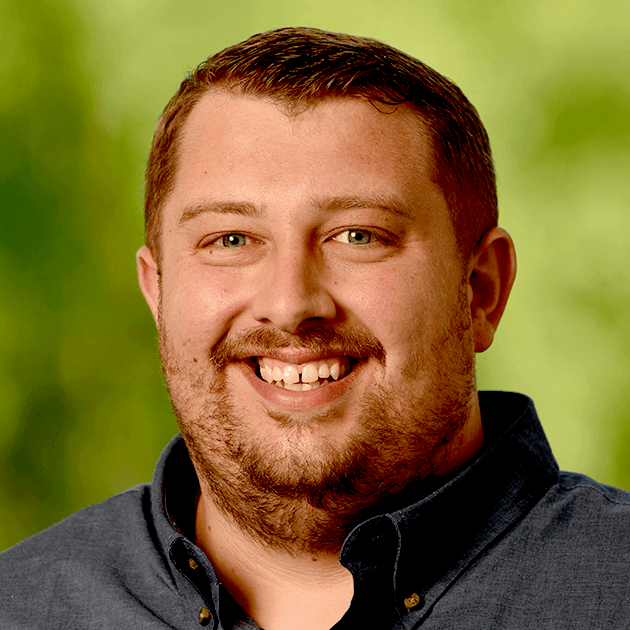
“In the STEM groups,” said session facilitator and math teacher Stephen Bates, “Lower School faculty discussed many ways to incorporate formative assessments across the STEM areas, while the Middle and Upper School teachers learned about a few online programs that allow for both formative and summative assessment to take place. In addition to utilizing the Google Suite tools, teachers looked at performance-based assessment, project-based assessment, collaborative tools, and methods for collecting ongoing student performance data. The hybrid model will look at assessment differently, for sure, but with the plethora of tools at our disposal, we can confidently say we can assess all of our students via multiple modalities.”
Mathematics Department Chair Maria DiCarlo led sessions on lesson planning in the STEM fields and found colleagues were “thinking about different ways to engage students in a variety of settings.”
Online learning for younger students brings its own unique difficulties. Head of Lower School Dr. Francis Yasharian shared examples of tech tools that could be used in the classroom as well as virtually, like the learning customizable game Kahoot, and apps like Kami and Edpuzzle.
“It is an expected challenge to keep students engaged online,” said Athletic Director Kristin Cannon. “We need to be enthusiastic, thoughtful, open, caring, and vulnerable to share our own challenges with our students. The same traits as when we are in the same physical space at school, but with many added challenges. Building trust and relationships with our students online to start the fall will be paramount.”
“Every teacher’s goal was maximizing student involvement and maximizing student learning. Throughout the sessions, my fellow faculty shared some really creative ideas!”
Maria E. DiCarlo, Ed.D., Mathematics Department Chair
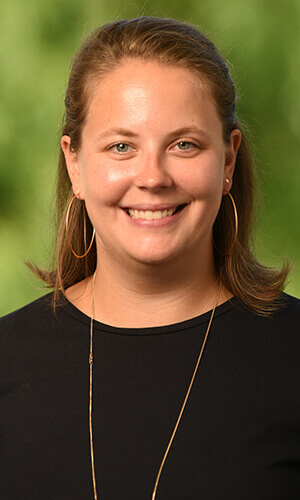
In another workshop, In Grading for Equity in the Hybrid Model, led by History Department Chair Maggie Moslander, the question addressed was “What do you wish your students understood about how you grade?” The group discussed James Baldwin’s “The Price of the Ticket” as they considered how to achieve equitable grading, and one teacher contributed that she collaborates with other teachers so she’s not the only pair of eyes on graded assignments.
Ms. Moslander and English teacher Sarah Whalen co-led a session on anti-racism teaching in the humanities, introducing “strategies to make our grading more equitable, meaning more accurate, motivational, and bias resistant, and to help teachers think through how they might implement them in their classes.” In the session, they talked about how to ensure all students could better understand the grading and feedback they receive, as well as the motives behind it.
“I was really impressed with the level of engagement and commitment shown by the faculty in these workshops, and look forward to continue working on how we can make our classrooms safer, braver, more equitable, and more actively anti-racist.”
Maggie Moslander, History Department Chair
“The goal was to give faculty pedagogical strategies, drawn from my experience co-facilitating SEED at Poly, to make their classrooms more actively anti-racist. The first strategy, serial testimony, is a practice for sharing student ideas that relies on timed student oral responses rather than a free-for-all discussion to ensure the democratic distribution of time so that we can bring everyone’s voice into the conversation. We also discussed the importance of creating classrooms in which students feel supported in sharing their stories and where we’re actively seeking out and bringing into our classrooms the stories, perspectives, and views of those who may not be well represented. Finally, we talked about the importance of connecting individual stories to larger societal systems so that we can better help students understand their own “politics of location” in relation to systemic racism,” said Moslander.
Social-Emotional Learning in a Hybrid Environment
School psychologists and learning specialists led sessions on social-emotional learning in the hybrid model for Lower, Middle, and Upper School teachers. Middle and Upper School Psychologist Karen Ezra P’16, ‘19, ’21 said that this is a time of “emotional dysregulation,” given world events, and asked teachers to think about what students might be feeling as they return to school, saying, “A child who is unsettled is unlikely to relate to and connect with other people.”
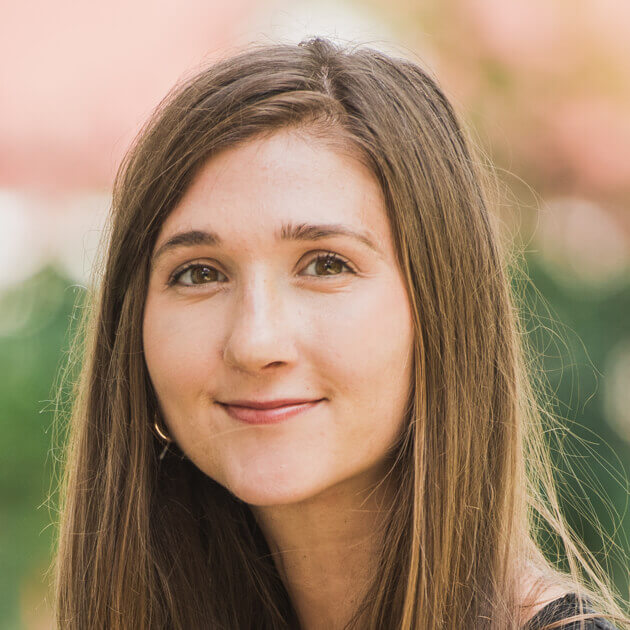
Emily Prior, Academic Enrichment and Student Support Chair, Poly Prep Lower School, led one of the Lower School social-emotional professional development sessions. She was candid about how she’s been affected by current events, helping to emphasize why the sessions were so vital for students and teachers alike.
“My own emotional state is naturally in flux and I imagine I’m not alone,” she reflected after the workshops. “Though I’ve always valued social emotional growth as the bedrock of a strong education, I’ve never felt it more than I do right now. We’ve undergone unprecedented transition and our students and the greater community need to feel a sense of connectedness throughout this process. Students quickly determine if learning conflicts with their emotional state or supports their emotional state and I think it’s our job to show them the latter.”
“I know that hard work is heart work and felt like we were surely applying our hearts to these conversations to prepare for the year ahead.”
Emily Prior, Academic Enrichment and Student Support Chair, Poly Prep Lower School
Her presentation was intended to create a space for teachers to connect and reflect on their personal elementary experiences. “I was impressed by everyone’s vulnerability throughout the sessions and felt invigorated by my colleagues,” she said. “I know that hard work is heart work and felt like we were surely applying our hearts to these conversations to prepare for the year ahead.”
Elijah Sivin, Director of Service Learning, History teacher and Co-Director, Institute for Ethics and Leadership, summed up the professional development workshops: “I was impressed by how engaged my fellow teachers were. Although it’s summertime, people are thinking deeply about education from a number of angles. Conversations about race, equity, technology, and values were vibrant and collegial. The experience made me eager to get back to work with my colleagues.”

